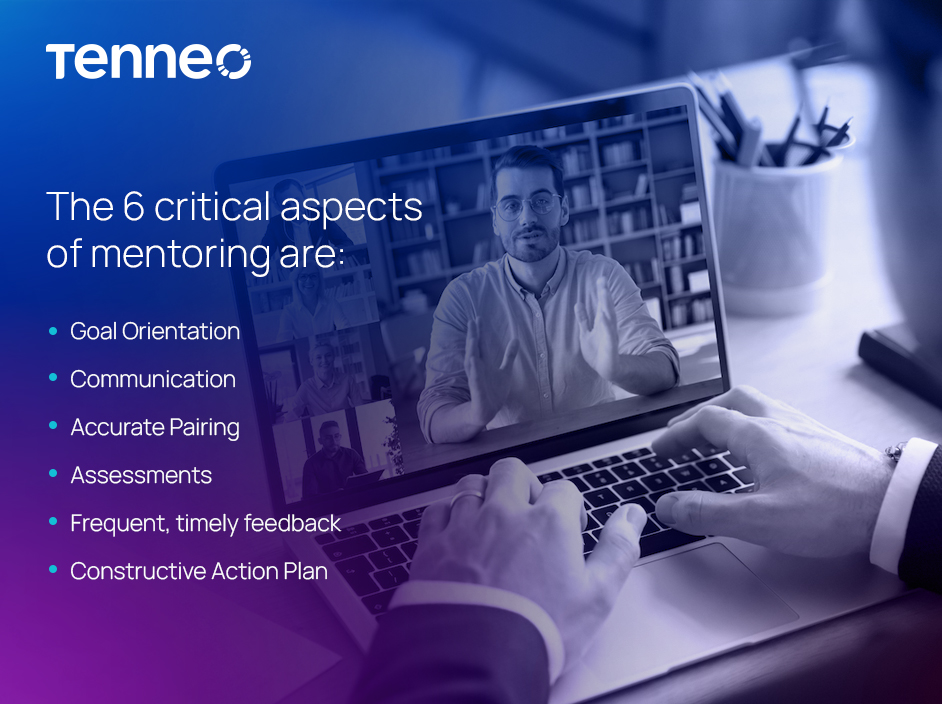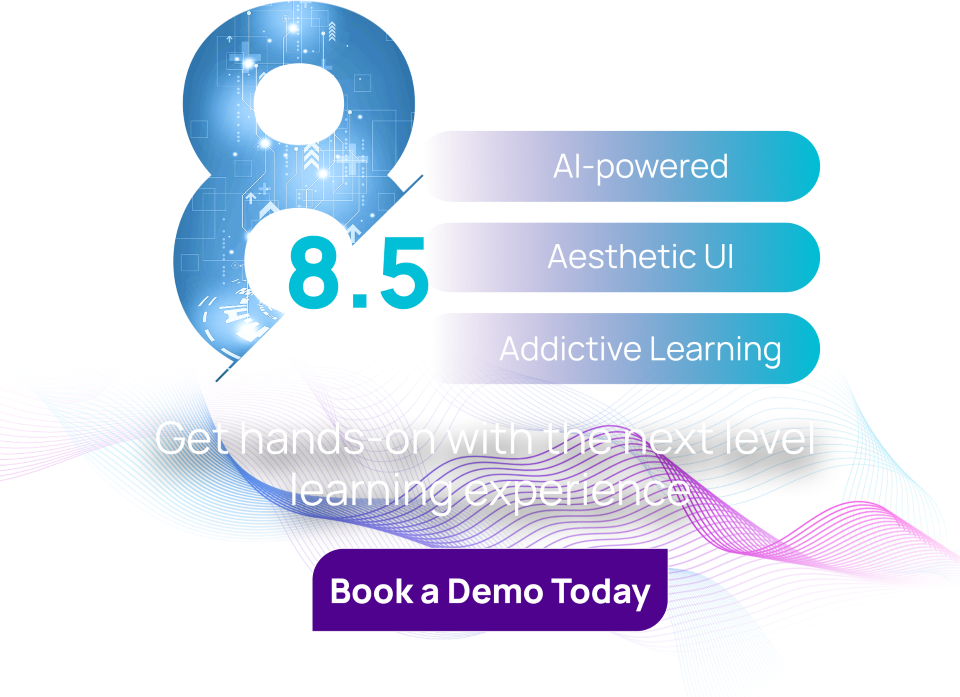
Using Analytics to Improve TNA & Boost Employee Performance in Pharma Industry
May 31, 2023
3 Top Advantages of Moving Compliance Training Online
May 31, 2023
Using Analytics to Improve TNA & Boost Employee Performance in Pharma Industry
May 31, 2023
3 Top Advantages of Moving Compliance Training Online
May 31, 2023Blog - 22 Mar 2023 | 6 Min
Remote Mentoring 101

The key aspects of mentoring are face to face engagements, instant feedback and analysis and clear communication of goals. So how do you translate these into a remote working environment where all the above are not possible for the lack of a personal interface?
The current pandemic-induced remote working environment has raised many challenges for organizations. Even our clients with well-developed mentoring programs have suffered with the disruption. So we took a good look at the mentoring process to see how we can support our clients. This is what we found:
The 6 critical aspects of mentoring are:
- Goal Orientation
- Communication
- Accurate Pairing
- Assessments
- Frequent, timely feedback
- Constructive Action Plan
All the above are highly dependent on real-time engagements. So how do we replicate the same in a virtual environment? Various features of a Learning Management System can be employed to re-create the same process in a virtual space. As a consolidated platform the LMS is equipped with communication and collaborative tools, real-time engagement avenues, in-depth, customized reporting and analytics, learning libraries and automated learning suggestions.
- Goal Orientation and Communication: Vision setting helps align targets, methods and assessments for the program. These should be clearly communicated to all participants to set the right expectations. A robust LMS provides a secure, integrated environment, limited to the organization. The platform can be used to clearly communicate objectives of the program and provide an open platform to mentors and mentees to communicate. With in-built tools for content creation, collaboration and database management, a Learning Management System is a centralized, easy-to-use platform. It also helps instill organizational culture, essential to the sense of purpose and value a good mentorship program requires.
- Accurate Pairing: Matching the right Mentor to a mentee is key to the success of the program.Matching software can help achieve this with great accuracy.
- Assessments: Check-points with measurable metrics must be established at frequent intervals through the program to analyze the progress of each participant. A corporate LMS can create personalized tracking reports for participants against assessments and include basic stats like meeting counts etc to more complex ones involving improvements in specific areas. Regular surveys that can be created within the system, can help judge the efficacy of the program and its adoption. The LMS can also assign trainings to Mentors and make supplementing content easily available to them to support their mentorship.
- Frequent, Timely Feedback: This is the mainstay of the Mentoring relationship. In a traditional set up feedback sessions could be arranged spontaneously, during regular team meetings, face to face. However, in a remote environment this can be difficult to achieve while managing multiple platforms to access mentee details, assessments and collaborative tools. As the LMS seamlessly integrates everything on one platform. Features such as discussion boards and Ask a Mentor allow mentees to direct their questions to mentors and discuss at length. Other mentees can also learn from the discussion and join in. This raises the collective knowledge through sharing.
- Constructive Action Plan: Assessments, feedback etc are hollow victories until they are translated into constructive action plans for the growth and advancement of the mentee.A Learning Management System, equipped with performance platforms, analyzes the performance of each individual and maps it against various parameters to reveal issues like skill gaps, comparative performance to peers etc. Based on these, and previous learning history, the platform can suggest trainings to bridge gaps. These suggestions are unique to each learner. Mentors can use this data and these suggestions to better their mentees and create holistic growth plans for them.
If you’d like to know more about how your organization can build a successful, technology-enabled mentoring program to support your remote employees, do visit us or write to us. We’ll be happy to ideate solutions for your unique requirements.
Related services
Product Engineering

